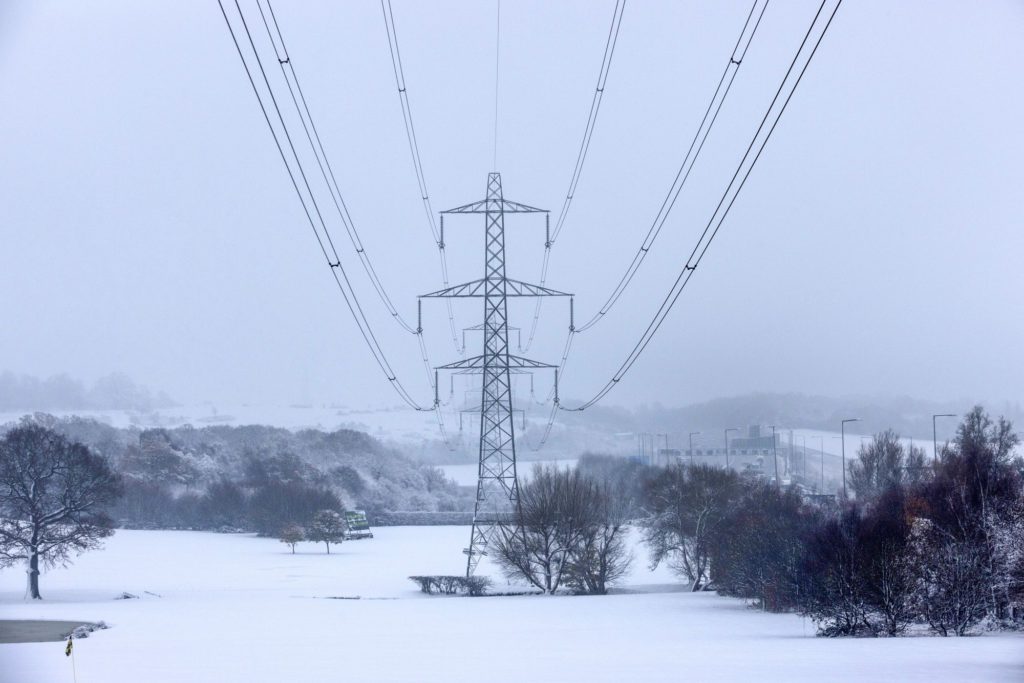Trials of a mechanism that asks UK households to curb electricity demand at peak times have shown consumers are willing to change behavior to save energy.
(Bloomberg) — Trials of a mechanism that asks UK households to curb electricity demand at peak times have shown consumers are willing to change behavior to save energy.
The program is just one of several tools the grid has to ensure the nation gets through the winter without any blackouts. Five tests of the system delivered more than 780 megawatt-hours of demand reductions, or equivalent to £2.8 million ($3.5 million) in savings, according to National Grid’s Electricity System Operator.
More than 1 million households and businesses have signed up to participate in the program through 26 providers including Centrica Plc’s British Gas, EON SE, Octopus Energy and Electricite de France SA.
It comes at a crucial time for Britain, highlighted this week when freezing temperatures sent demand soaring as households dialed up thermostats. Convincing consumers to change their habits will be key in the grid operator’s efforts to save energy as it grapples with the aftermath of Russia’s decision to throttle gas flows to the continent.
Electricity providers delivered a 50% increase in power reduction compared with expectations when the first test was conducted. Further trials will be carried out, with a minimum of two a month to be held between now and the end of March for each provider.
“These test results show that, if called upon, this service will help the ESO balance the national electricity network this winter and is a valuable addition to the ESO’s operational tools,” said Craig Dyke, head of national control for the grid’s electricity system operator.
(Adds power savings in fourth paragraph, ESO comment in last)
More stories like this are available on bloomberg.com
©2022 Bloomberg L.P.










